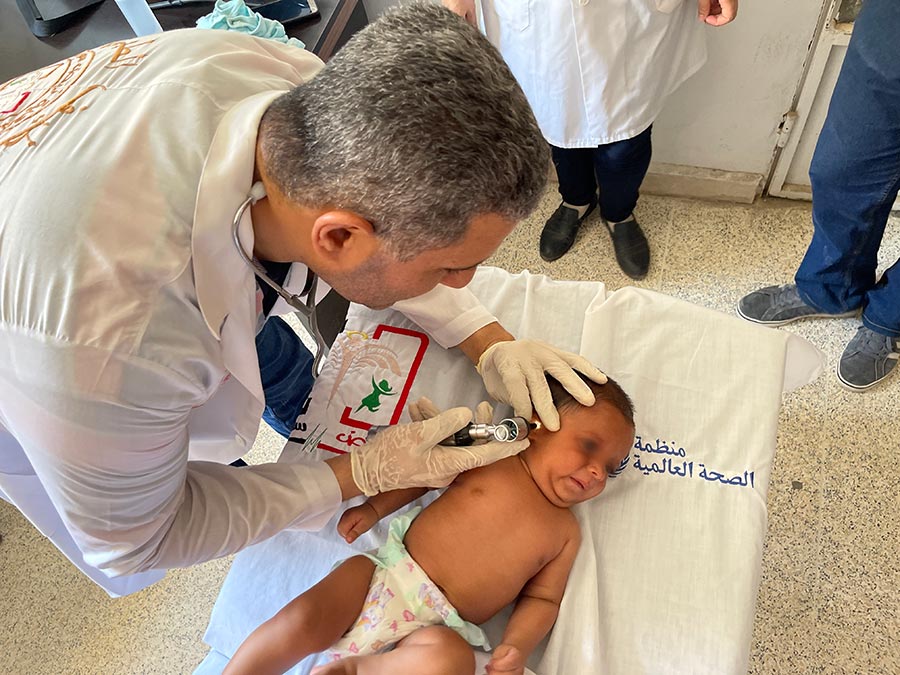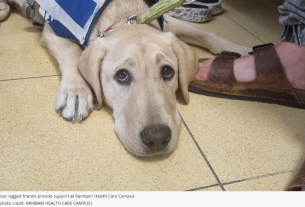As we approach World Hearing Day on 3 March 2024, the global community is gearing up to embrace its theme of “Changing mindsets: Let’s make ear and hearing care a reality for all!” Communities across the world will observe the global day, which promotes awareness of hearing loss and advocates for ear care. This year’s theme invites us to rethink our approach to hearing health, given the urgent need for improved access and greater inclusivity.
Hearing loss is a widespread and often underestimated global health issue that affects people of all ages. In the WHO Eastern Mediterranean Region, 78 million people are currently living with hearing loss. More than 2 million children aged 0–15 years in the Region are affected by disabling hearing loss and need rehabilitation to mitigate its adverse impacts on their lives. By 2050, it is projected that 194 million people in the Region will have problems with their hearing.
Nearly 80% of people with hearing loss live in low- to middle-income countries, and most of them lack access to necessary interventions. The adverse effects of unaddressed hearing loss extend beyond individuals to affect families, communities and societies as a whole.
Globally, the cost of unaddressed hearing loss – including health care, loss of productivity, and educational challenges – imposes an economic burden of almost US$ 1 trillion a year. In the Eastern Mediterranean Region alone, hearing loss costs communities US$ 30 billion a year.
Yet, ear and hearing care interventions have been proven to be cost-effective. A yearly additional investment of less than US$ 0.90 per person is needed to deliver ear care services. Over 10 years, this investment promises a return of nearly US$ 7 for every dollar spent.
These figures are a poignant reminder of the pressing need to prioritize ear and hearing health. Investing in expanding access to ear and hearing care services is crucial. Changing mindsets, the theme for World Hearing Day 2024, reflects the importance of making ear and hearing care accessible to all. This involves breaking down barriers to access, including financial constraints, lack of awareness, and social stigma around hearing health.
Changing mindsets also involves a shift towards proactive measures for early detection and interventions to mitigate the impacts of hearing loss. Such measures include newborn and infant screening at all levels of the health system. Promoting regular hearing check-ups and integrating hearing screening into routine health care interventions are other crucial steps towards a healthier population.
Creating an inclusive environment in various settings, like education and the workplace, is fundamental to the health and well-being of people with hearing impairment. Accommodations such as sign language interpretation, provision of assistive technologies, and supportive policies help to ensure that people living with hearing loss can thrive academically, professionally and socially, at all levels.
Together, we can make ear and hearing care a reality for all.
Related links
Ear and hearing care in the Eastern Mediterranean Region
Policy brief on integrated people-centred ear and hearing care
Primary ear and hearing care: training manual
World Health Assembly Resolution WHA70.13: Prevention of deafness and hearing loss



